SUMMARY
This is AI generated summarization, which may have errors. For context, always refer to the full article.
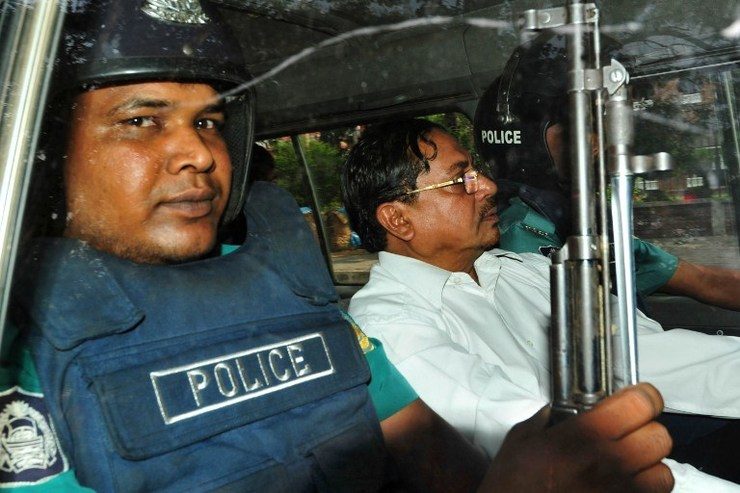
DHAKA, Bangladesh – Bangladesh’s highest court Monday, November 3, upheld the death sentence against a leader of the largest Islamist party after he was convicted of committing war crimes, including mass murder, during the 1971 independence conflict.
The Supreme Court’s rejection of Mohammad Kamaruzzaman’s appeal means that he will now be hanged within months, provided the case is not reviewed again or he is granted clemency by the country’s president.
The 62-year-old, who is assistant secretary general of the Jamaat-e-Islami, will be the second senior Islamist to hang for crimes committed during the war which saw the former East Pakistan secede from Islamabad.
Previous verdicts and sentences for war crimes have triggered deadly protests across Bangladesh although there were no immediate reports of violence after Monday’s announcement.
An appeals panel headed by Justice Surendra Kumar Sinha read out the concluding part of the judgement, saying the original death sentence handed down by a war crimes tribunal last year would stand.
Another senior Jamaat official, Abdul Quader Molla, was executed last December after being convicted on similar charges.
The new judgement came after Jamaat’s supreme leader Motiur Rahman Nizami was sentenced to hang by the tribunal last Wednesday, October 29, while its key financier Mir Quasem Ali was handed the death penalty on Sunday, November 2.
Previous verdicts against some of Nizami’s top lieutenants last year triggered the country’s deadliest political violence since independence. Tens of thousands of Jaamat activists clashed with police in protests that left some 500 people dead.
Kamaruzzaman was found guilty in May 2013 of mass murder, torture and abductions.
The prosecution was centered around a mass killing at the border town of Sohagpur, which has become known as the ‘Village of Widows’, after at least 120 unarmed farmers were lined up and slaughtered in paddy fields.
Three of the widows testified against him during his trial.
Prosecutors said Kamaruzzaman was also the chief organizer of the notorious Al Badr militia accused of killing top professors, writers and doctors in one of the most brutal chapters of the 9-month conflict.
Defense lawyers rejected the charges as “baseless”, saying the chances to prove their client innocent were severely curtailed as the trial court only allowed five witnesses to testify for Kamaruzzaman.
“We are extremely disappointed,” defense lawyer Tajul Islam told Agence France-Presse after Monday’s judgement, adding that they would appeal for a review as the death sentence was upheld by a majority decision.
However chief prosecutor Golam A. Tipu said: “I don’t think there will be any chance for a review.”
The judgement came after Nizami was sentenced to hang by the tribunal last Wednesday while its key financier Mir Quasem Ali was handed the death penalty on Sunday.
Fears of ‘anarchy’ bid
Security was tight in the capital and other cities ahead of the verdict with heavily-armed police and paramilitary border guards patrolling the streets.
“We are alert against any bid to create anarchy,” assistant commissioner of Dhaka police Saufur Rahman said.
Protesting Nizami’s execution order, Jamaat has already called a three-day strike, which is set to conclude on Monday. The protests triggered violence across the country and forced schools, businesses and bus services to shut down.
At least five small bombs exploded in the capital late Sunday night but no one was injured, Rahman said.
Critics say the latest flurry of judgements are designed to intimidate the opposition which has been stepping up its protests against Prime Minister Sheikh Hasina’s government.
In recent weeks Jamaat and the main opposition Bangladesh Nationalist Party have held a series of giant rallies to demand that the government call fresh polls after it was controversially re-elected in January in a contest boycotted by around 20 opposition groups.
Rights groups have said the trials in the domestic International Crimes Tribunal have fallen short of international standards and lack any foreign oversight
Hasina’s government maintains the trials are needed to heal the wounds of the conflict, which it says left three million people dead.
Independent researchers estimate that between 300,000 and 500,000 people died in the 1971 war. – Rappler.com
Add a comment
How does this make you feel?
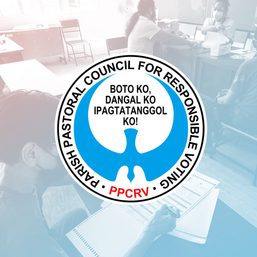



![[PODCAST] Beyond the Stories: Ang milyon-milyong kontrata ng F2 Logistics mula sa Comelec](https://www.rappler.com/tachyon/2021/11/newsbreak-beyond-the-stories-square-with-topic-comelec.jpg?resize=257%2C257&crop_strategy=attention)
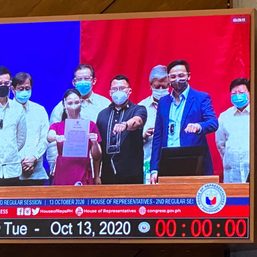
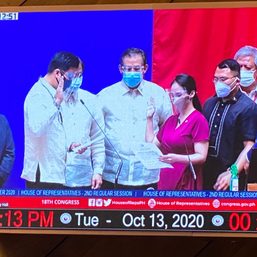
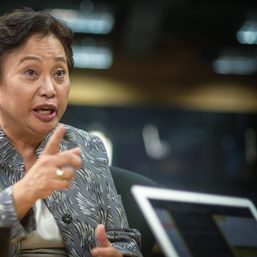


![[EDITORIAL] Ang low-intensity warfare ni Marcos kung saan attack dog na ang First Lady](https://www.rappler.com/tachyon/2024/04/animated-liza-marcos-sara-duterte-feud-carousel.jpg?resize=257%2C257&crop=294px%2C0px%2C720px%2C720px)
![[Free to disagree] How to be a cult leader or a demagogue president](https://www.rappler.com/tachyon/2024/04/TL-free-to-disagree.jpg?resize=257%2C257&crop_strategy=attention)
![[OPINION] Can Marcos survive a voters’ revolt in 2025?](https://www.rappler.com/tachyon/2024/04/tl-voters-revolt-04042024.jpg?resize=257%2C257&crop=251px%2C0px%2C720px%2C720px)
![[Edgewise] Quo vadis, Quiboloy?](https://www.rappler.com/tachyon/2024/03/quo-vadis-quiboloy-march-21-2024.jpg?resize=257%2C257&crop_strategy=attention)
There are no comments yet. Add your comment to start the conversation.